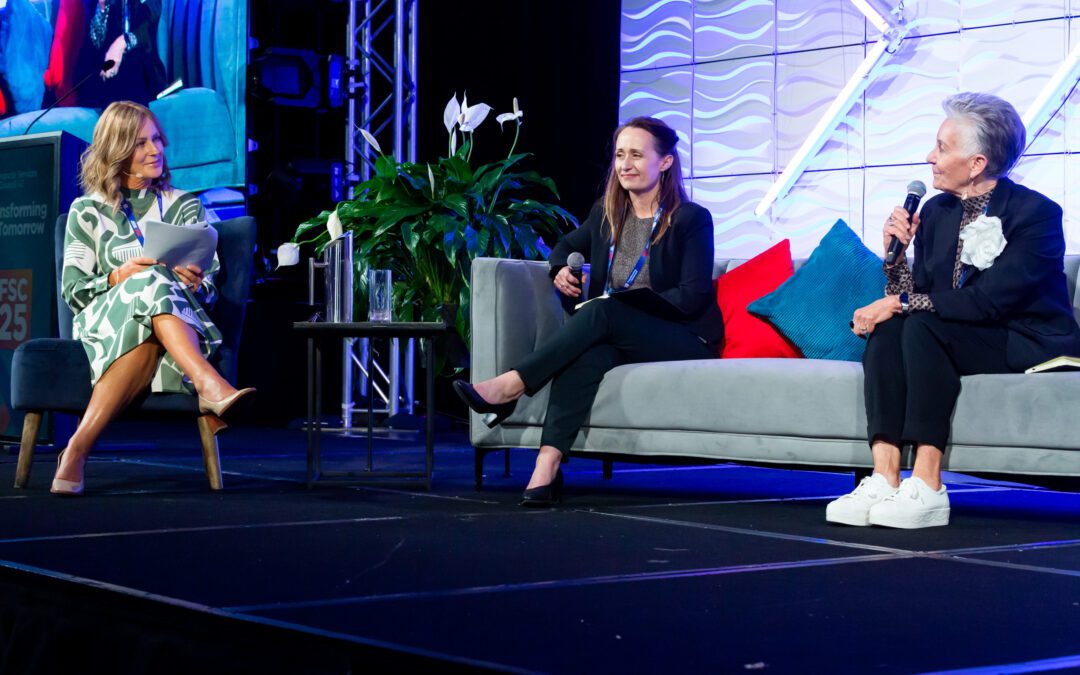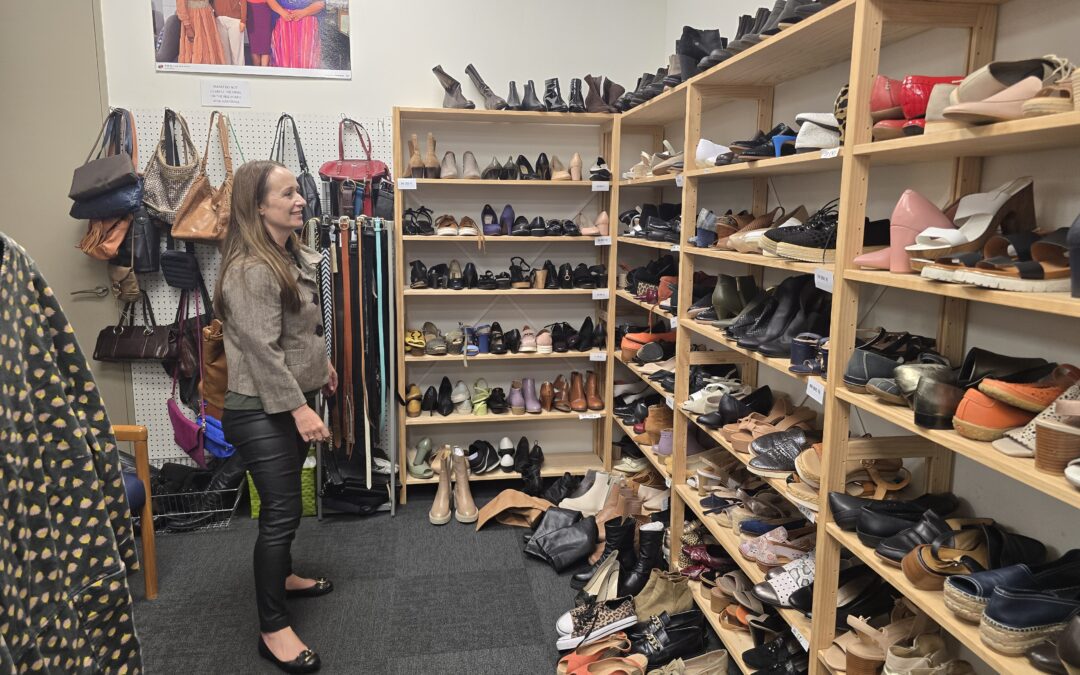It feels as though it’s getting cheaper to borrow money by the day, and low-deposit restrictions have been nixed – so you’d think getting a mortgage would be a cinch.
Except – it isn’t…
While interest rates are at bargain-basement levels, the banks have seldom been stricter primarily as a result of Covid – meaning lending conditions are the toughest they’ve been in years.
While banks are no longer required to limit low-deposit lending, they remain fairly gun shy about doing it, and even those with strong deposits or asset positions are finding it tougher.
You see, when the banks do their checks to see if you can afford to borrow the money, they’re not basing it on whether you can afford to pay the mortgage at current fixed rates, which of course are in the 2-percent range. Instead, they’re testing it at north of 6%.
The impact of that is stark.
If you borrowed $500,000 at (for example) 2.55%, you’d be paying about $1,993 a month or just under $24,000 a year in repayments.
But based on the banks’ test, you’d need to be able to show that you could afford to pay the mortgage if interest rates were, say, 6.15%.That would bump up your monthly repayments to $3,050 and your annual bill to$36,600 – that’s a 50% increase.
Banks used to solely test new lending on this basis, but now they’re including all existing lending when assessing new applications -so if you’re applying to borrow for say an investment property, they’ll be re-testing your home loan repayments the same way.
But wait, as Suzanne Paul used to say – there’s more!
The banks are also going to paying a lot more attention to two things: how secure your income is, and your spending habits
Your spending habits are relevant because it tells a story about how financially disciplined you are – and it may not be portraying the picture you thought you’d painted!
With regard to income, this has always been a tougher test for the self-employed in particular, but it has got tougher still.
Historical accounts will no longer suffice – they’re likely to require year-to-date accounts, contracts you have in place, projections, and whether you’ve accessed the wage subsidy.
So, if conditions are tougher than usual – what can you do to give yourself the best chance of success?
- First, be prepared for things to take a little longer at the banks’ end, which is especially important if you’re on a deadline for an auction or a due diligence period.
- Then, start by getting rid of short-term debt, ensuring your credit cards are clear and perhaps even consider lowering your credit card limit, as that can count against you.
- You could also consider going on a KiwiSaver contributions ‘holiday’, as that reduces your outgoings by at least 3%.
- It may also be worth reviewing your insurances – often when you get a bit older, your debt is smaller and your children are more independent, it isn’t necessary to have as much income protection or life insurance as you’ve had previously. So, there are potential savings you can make on your premiums by ensuring you have a policy that’s fit for purpose.
- Then, your focus should be on tidying up your spending so you can show a consistent surplus, which will help you pass the higher serviceability test.
- If you’re self-employed, be prepared to evidence how you’ve adjusted to new conditions, be able to provide projections, and look to lock in contracts for longer periods so you can show security of income.
It’s by no means impossible to borrow and it’s certainly cheap if you can get it – you just need to sharpen your pencil heading into negotiations with the bank in a time of such uncertainty.
Hannah McQueen is an Authorised Financial Advisor, Chartered Accountant Fellow and the founder of enable.me. You can book in to see one of enable.me’s expert financial coaches here. (A fee applies)
Disclaimer: This blog post is for informational purposes only and does not constitute individual financial advice. If you’re interested in receiving personalised financial advice, you can book in a consultation with an enable.me coach. Costs apply.


